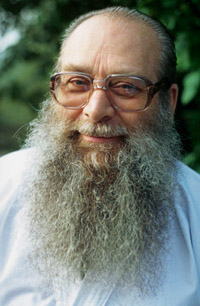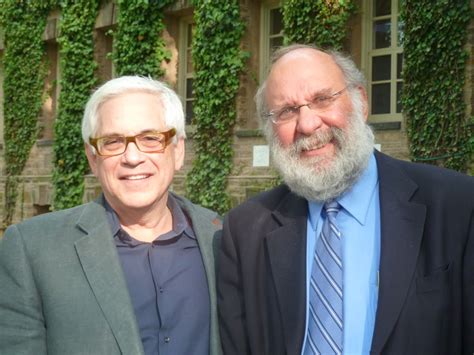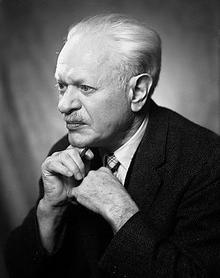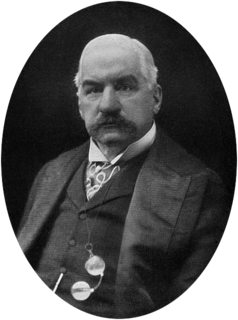A Quote by Daniel Webster
The dignity of history consists in reciting events with truth and accuracy, and in presenting human agents and their actions in an interesting and instructive form. The first element in history, therefore, is truthfulness; and this truthfulness must be displayed in a concrete form.
Related Quotes
The documentary photographer aims his camera at the real world to record truthfulness. At the same time, he must strive for form, to devise effective ways of organizing and using the material. For content and form are interrelated. The problems presented by content and form must be so developed that the result is fundimentally [sic] true to the realities of life as we know it. The chief problem is to find a form that adequately represents the reality.
Reverence, human of the Earth, is the fundamental element of all existence, so it is therefore also the fundamental element of love itself, which is built on this all-embracing reverence. And since this is so in truth, it is also an impossible thing that love, once awakened and built up in truthfulness, can ever weaken again and become cold, or could transform into hate or be annihilated.
Truth and Truthfulness is an ambitious work, and its journeys into history give it a breadth unusual in these days of increased academic specialization. . . . William's book combines real history and fictional constructs to tell a revealing story that makes us reconsider the meaning of familiar concepts.
This is a major, wide-ranging, and comprehensive book. A philosophical investigation that is also a literary and historical study, Truth and Truthfulness asks how and why we have come to think of accuracy, sincerity, and authenticity as virtues. Bernard Williams' account of their emergence is as detailed and imaginative as his defense of their importance is spirited and provocative. Williams asks hard questions, and gives them straightforward and controversial answers. His book does not simply describe and advocate these virtues of truthfulness; it manifests them.
One cannot avoid a certain feeling of disgust, when one observes the actions of man displayed on the great stage of the world. Wisdom is manifested by individuals here and there; but the web of human history as a whole appears to be woven from folly and childish vanity, often, too, from puerile wickedness and love of destruction: with the result that at the end one is puzzled to know what idea to form of our species which prides itself so much on its advantages.
What initially attracted me to The Seventh Seal was that it had values and characteristics which I was familiar with in other art forms, most notably, the European novel and certain forms on English drama, and indeed, in relation to my rather academic interest in history -- not "history" in the normal sense, but history as a form of entertainment . It might be a very unfashionable view but I believe that history is an amazing bank or reserve area of plots, characterisations, extraordinary events, etc.












































